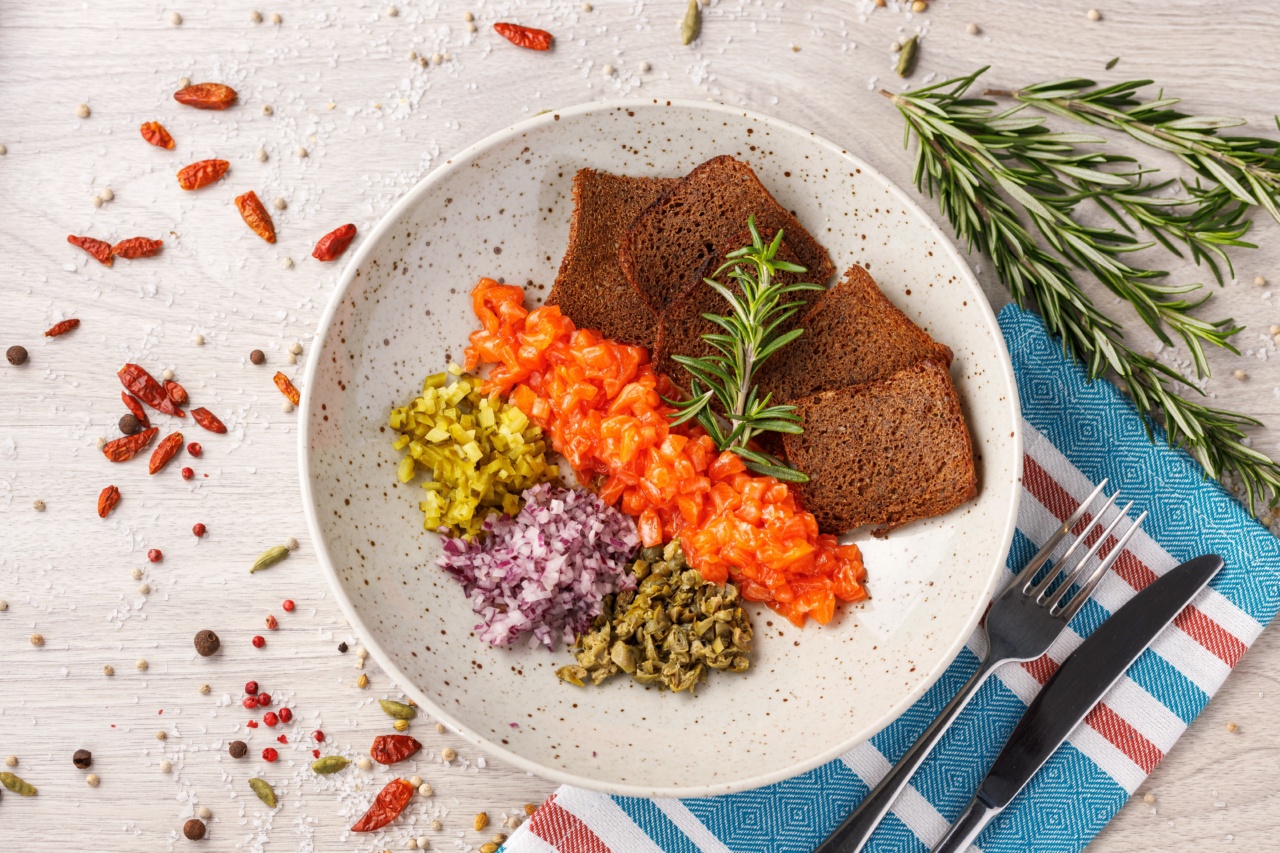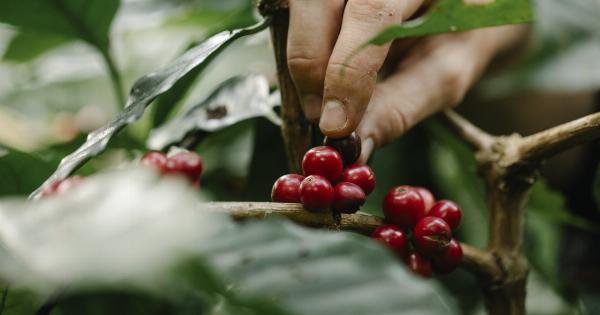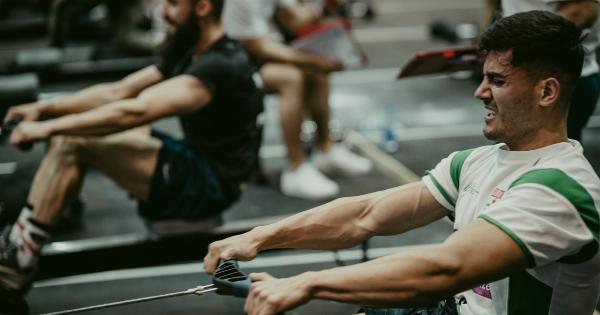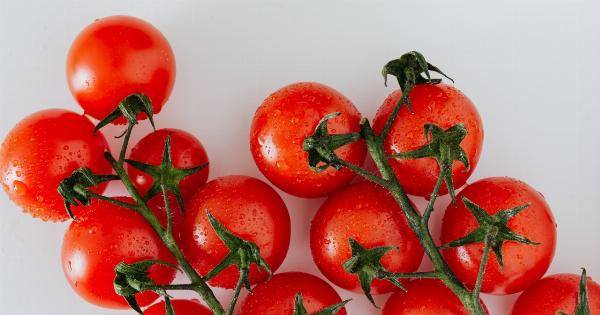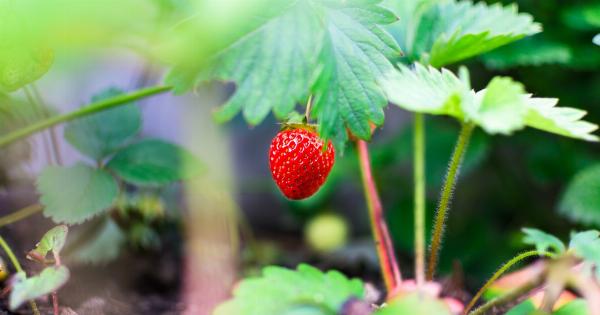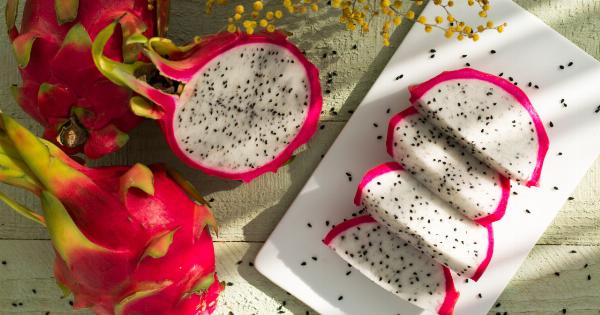Goji berry, also known as wolfberry, is a fruit that is native to China, Tibet, and Mongolia. It has been used in traditional Chinese medicine for over 2,000 years to improve vision, enhance liver and kidney function, and boost the immune system.
In recent years, Goji berry has gained popularity as a health food due to its antioxidant properties. Some studies have suggested that it may also have a positive effect on hypertrophy.
What Is Hypertrophy?
Hypertrophy is a term used to describe the growth and increase in size of muscle cells. It is the process by which muscles get bigger and stronger as a result of exercise and resistance training.
Hypertrophy occurs when muscle fibers are damaged during exercise and the body repairs them, making them thicker and stronger in the process. This process is essential to building muscle mass, and it is the reason why weightlifting and resistance training are such important components of fitness programs.
What Is Goji Berry?
Goji berry, also known as Lycium barbarum, is a fruit that is bright orange-red in color and is about the size of a raisin. It has a sweet and slightly sour taste and is often consumed dried or in a juice form.
The fruit is rich in nutrients such as vitamins C and A, iron, and antioxidants. It is also a good source of protein, fiber, and carbohydrates.
How Does Goji Berry Affect Hypertrophy?
Although there is limited research on the effects of Goji berry on hypertrophy, some studies have suggested that it may have a positive effect on muscle growth and recovery.
This is due to the fact that Goji berry is high in antioxidants, which can help to reduce inflammation and muscle damage caused by exercise.
One study published in The Journal of Strength and Conditioning Research found that athletes who consumed Goji berry juice before and after a resistance training workout experienced less muscle soreness and a faster recovery time compared to those who did not consume the juice. Another study published in The Journal of Medicinal Food found that Goji berry extract was able to stimulate muscle protein synthesis in rats, which is a process that contributes to muscle growth and hypertrophy.
Other Health Benefits of Goji Berry
In addition to its potential effects on hypertrophy, Goji berry has numerous other health benefits. It is a good source of antioxidants, which can help to reduce oxidative stress and inflammation in the body.
It has also been shown to improve immune function, protect against age-related macular degeneration, and reduce the risk of heart disease.
How to Add Goji Berry to Your Diet
Goji berry can be consumed in a variety of forms, including dried berries, juice, and supplements. It can be added to smoothies, oatmeal, and other breakfast dishes as a nutritious and flavorful addition.
It can also be used as a topping for salads or yogurt for a sweet and crunchy snack.
Precautions
While Goji berry is generally considered safe for most people, there are a few precautions to keep in mind.
Some people may experience an allergic reaction to Goji berry, so it is important to start with small amounts and monitor for any adverse reactions. It is also important to note that Goji berry may interact with certain medications, such as blood thinners and diabetes medications, so it is important to speak with a healthcare provider before adding Goji berry to your diet.
Conclusion
Goji berry is a nutritious and flavorful fruit that may have a positive effect on hypertrophy.
While more research is needed to fully understand the effects of Goji berry on muscle growth and recovery, preliminary studies suggest that it may be a beneficial addition to any fitness program. Whether you consume it in the form of dried berries, juice, or supplements, Goji berry is a delicious and convenient way to boost your nutrient intake and support your overall health and well-being.
